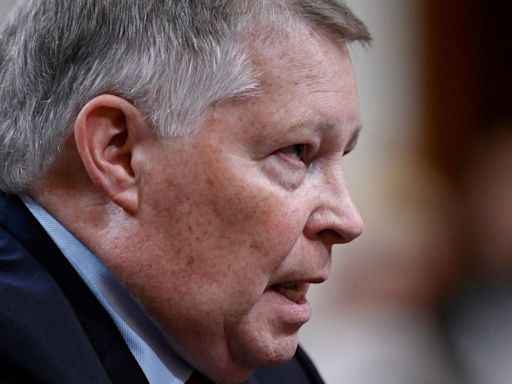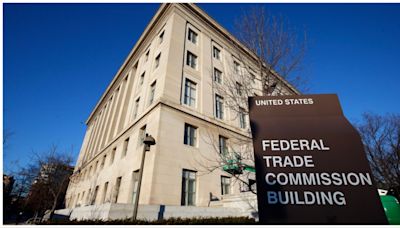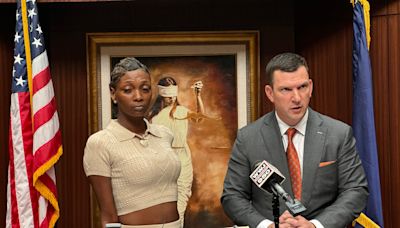Search results
Federal judges work to ensure equal justice under the law. Learn about the different kinds of federal judges and the cases they hear. Article III Judges. Article III of the Constitution governs the appointment, tenure, and payment of Supreme Court justices, and federal circuit and district judges.
In the United States, a federal judge is a judge who serves on a court established under Article Three of the U.S. Constitution. Such judges include the chief justice and associate justices of the U.S. Supreme Court, circuit judges of the U.S. Courts of Appeals, district judges of the U.S. District Courts, and judges of the U.S. Court of ...
Who appoints federal judges? Supreme Court justices, court of appeals judges, and district court judges are nominated by the President and confirmed by the United States Senate, as stated in the Constitution.
Federal courts enjoy the sole power to interpret the law, determine the constitutionality of the law, and apply it to individual cases. The courts, like Congress, can compel the...
The U.S. Supreme Court is an Article III court. Justices are appointed by the president and are subject to confirmation by the Senate. They serve a life term. There are currently eight Associate Justices on the Supreme Court and one Chief Justice of the United States.
Suja A. Thomas argues the federal judiciary has taken most of the constitutionally-defined power from juries in the United States for itself [7] thanks in part to the influence of legal elites and companies that prefer judges over juries [8] as well as the inability of the jury to defend its power.
People also ask
What power does a federal judge have?
What does a federal judge do?
What powers do federal courts have?
What power does a court have to make a decision?
The federal courts' most important power is that of judicial review, the authority to interpret the Constitution. When federal judges rule that laws or government actions violate the spirit of the Constitution, they profoundly shape public policy.




